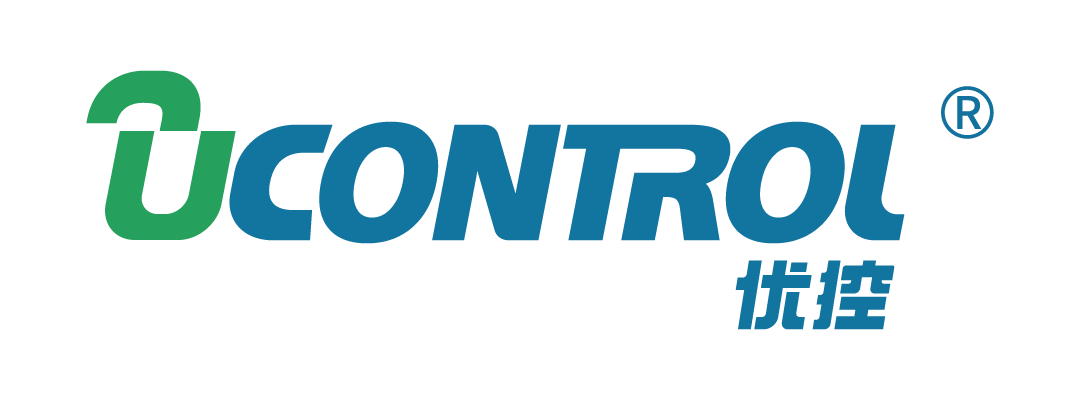In the realm of home convenience and security, garage door remote controls stand as a quintessential gadget. These small devices offer a gateway to effortless access, allowing homeowners to enter or exit their garages with the mere click of a button. However, behind this seemingly simple convenience lies a complex web of market dynamics and consumer preferences. Manufacturers, at the forefront of producing these remote controls, hold a wealth of insights into the market trends driving their demand.

Evolving Technological Landscape
One of the primary factors influencing the demand for garage door remote controls is the continuous evolution of technology. As smart home systems become increasingly prevalent, consumers seek integrated solutions that offer convenience and connectivity. Manufacturers have responded by incorporating advanced features into their remote controls, such as compatibility with home automation platforms, smartphone connectivity, and biometric authentication.
In addition to enhancing convenience, these technological advancements also contribute to improved security. Modern remote controls often utilize encryption protocols and rolling codes to prevent unauthorized access, addressing consumers' concerns about garage security. Manufacturers closely monitor advancements in technology to stay ahead of the curve and meet the evolving demands of tech-savvy consumers.
Shifts in Consumer Preferences
Understanding consumer preferences is paramount for manufacturers seeking to capture market demand effectively. In recent years, there has been a noticeable shift towards compact and sleek designs in garage door remote controls. Consumers not only prioritize functionality but also aesthetics, preferring devices that complement the design of their vehicles and garage interiors.
Moreover, environmental consciousness has emerged as a significant consideration for many consumers. Manufacturers have responded by developing remote controls with energy-efficient features, such as low-power standby modes and rechargeable batteries. By aligning with eco-friendly trends, manufacturers can appeal to a broader customer base and differentiate their products in the market.
Impact of Lifestyle Changes
Changes in consumer lifestyles also play a pivotal role in shaping the demand for garage door remote controls. The increasing pace of urbanization has led to a rise in multi-vehicle households, driving the need for additional remote controls. Furthermore, the growing prevalence of home delivery services and online shopping has heightened the importance of convenient garage access for receiving packages securely.
Manufacturers recognize the importance of adaptability in catering to changing consumer lifestyles. This involves not only offering a diverse range of remote control options but also providing customization features to accommodate specific user requirements. Whether it's programming multiple garage doors or integrating with existing smart home ecosystems, manufacturers strive to deliver solutions that align with the diverse needs of modern consumers.
Market Expansion and Global Trends
The demand for garage door remote controls extends beyond traditional residential markets. Commercial and industrial sectors also rely on these devices for efficient access control and security management. Manufacturers keenly observe global trends, such as urbanization, industrialization, and infrastructure development, to identify emerging opportunities and expand their market reach.
Moreover, the proliferation of smart cities and connected infrastructure presents new avenues for innovation in remote control technology. Manufacturers are exploring partnerships with urban development projects and transportation authorities to integrate their products into smart parking systems and urban mobility solutions. By leveraging emerging trends in urban planning and infrastructure development, manufacturers can position themselves as key players in shaping the cities of tomorrow.
Conclusion
Manufacturers hold a wealth of insights into the market trends driving the demand for garage door remote controls. From technological advancements and shifting consumer preferences to lifestyle changes and global trends, various factors influence the evolving landscape of remote control market dynamics. By staying attuned to these trends and continuously innovating their products, manufacturers can effectively meet the needs of consumers while seizing opportunities for growth in both residential and commercial markets.

-
Office ViewQinuo Electronics Co., Ltd.was founded in 2009,it is a high-tech company that integrated R & D, manufacturing, sales and service for 15 years,which is mainly specialized in providing sensors of automatic door, control system of door and gate, car key remote, auto parts etc. The company currently has four independent brands: U-CONTROL, U-SENSORS, U-AUTOGATES and U-AUTOKEYS.
-
got questions? call us
+86 13960286508
-
fax :
+86 595 22901208 -
Email :
[email protected]
-
address
- No.991 Xingxiu Road,Taiwanese Investment Zone, Quanzhou, Fujian Province,P.R.China











